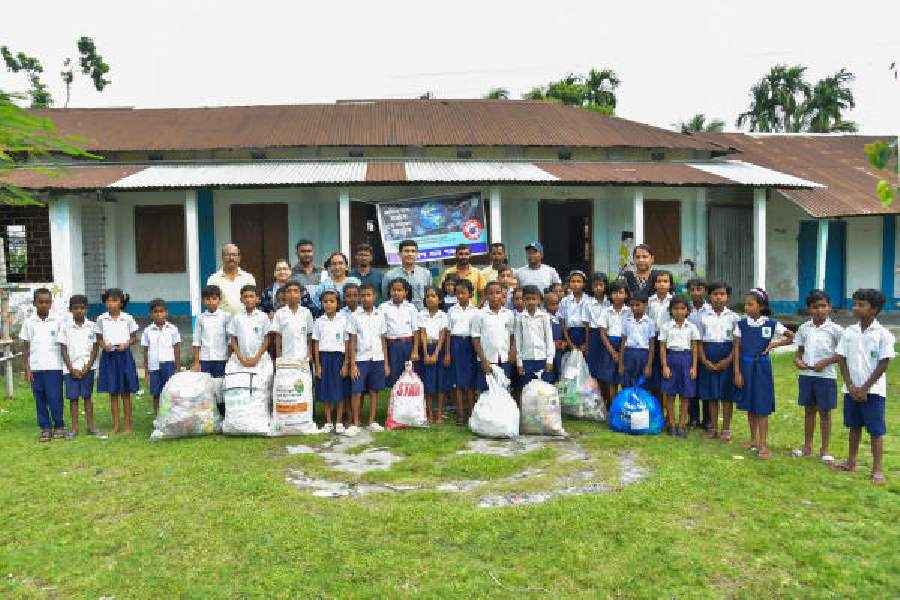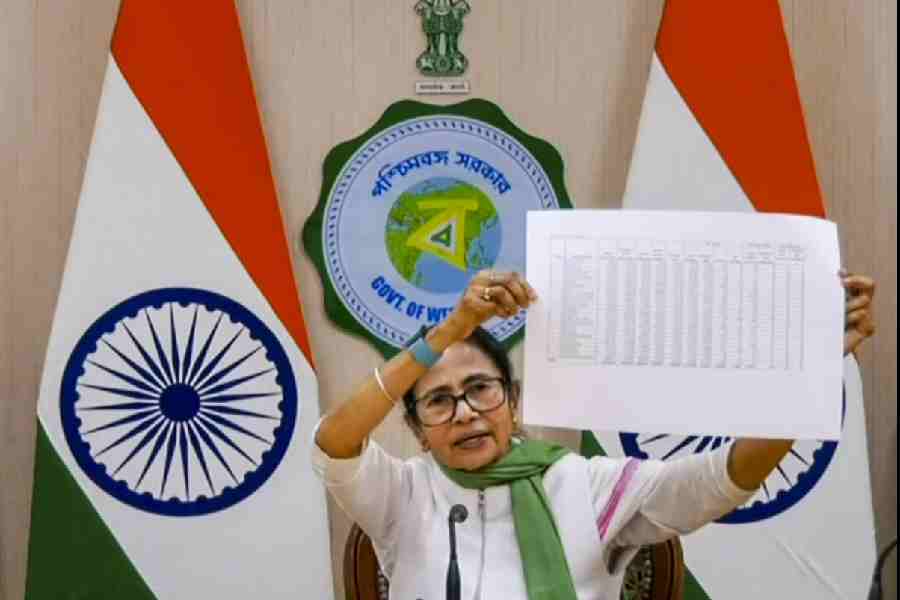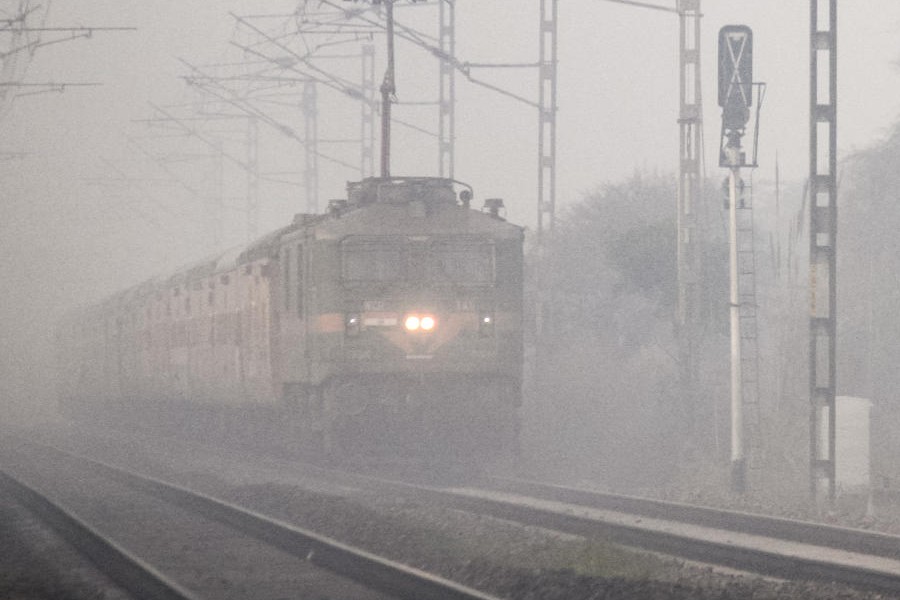The Jalpaiguri district administration has launched a unique student-driven campaign to tackle plastic pollution and vector-borne diseases involving all schools, both private and public, in the district.
The initiative, which blends environmental responsibility with community health, has already seen enthusiastic participation from thousands of schoolchildren across the district.
Over 25 tonnes of plastic waste, precisely 25,100kg, was collected within two days, on July 2 and 3, as students from 2,155 schools scoured homes, neighbourhoods, and public spaces to gather plastic with the slogan: “Plastic dao, paribesh bachao aar purashkar nao” (Hand over plastic, save the environment, and win rewards).
The campaign reached every educational institution across Jalpaiguri, from government and private schools to madrasas, Madhyamik Shiksha Kendras and early childhood centres. Each school was asked to weigh, sort, and store the plastic waste collected by students safely, following which it was sent for processing.
The effort was not just symbolic. The administration announced cash prizes for both schools and students to encourage friendly competition.
The top three schools in the district were awarded ₹20,000, ₹10,000, and ₹5,000, respectively.
Individual student achievers at the block level received ₹3,000, ₹2,000, and ₹1,000 for the first, second, and third positions, respectively.
Maynaguri Road High School (H.S.) of Maynaguri block took the top spot for collecting 559.62kg of waste, followed by St. Capitanio Girls’ High School of Nagrakata block, which gathered 448kg, and Nilkanta Paul High School of Maynaguri, which amassed 280.5kg.
The enthusiasm was palpable even in smaller schools. In Malbazar’s Damdim Jogendra Primary School, a fifth-grade student collected 450 grams of plastic, the highest amount in the block, earning praise for inspiring others.
“This is not just about prizes. It is about creating environmentally responsible citizens,” said Raunak Agarwal, additional district magistrate of Jalpaiguri. “By involving students, we are planting the seeds of sustainability early. The energy and commitment we have seen in both urban and rural schools is truly heartening,” he added.
The momentum is still going strong. Starting from Friday, the district administration rolled out the second phase of the initiative, which involves a school-based anti-dengue sanitation drive.
Planned as a two-part project, which will be carried out between July 4 to 6 and July 11 to 13, this phase will focus on cleaning school campuses, removing stagnant water, and raising awareness about dengue prevention.
Students will participate in cleanliness drives, receive hygiene training, and promote alternatives to plastic, such as paper and cloth. Schools have been instructed to follow safety protocols during the drives, including the use of gloves and proper handwashing.
“We are not merely collecting plastic waste, but we are shaping habits and instilling values,” said Sajal Tamang, secretary of Jalpaiguri zilla parishad.











